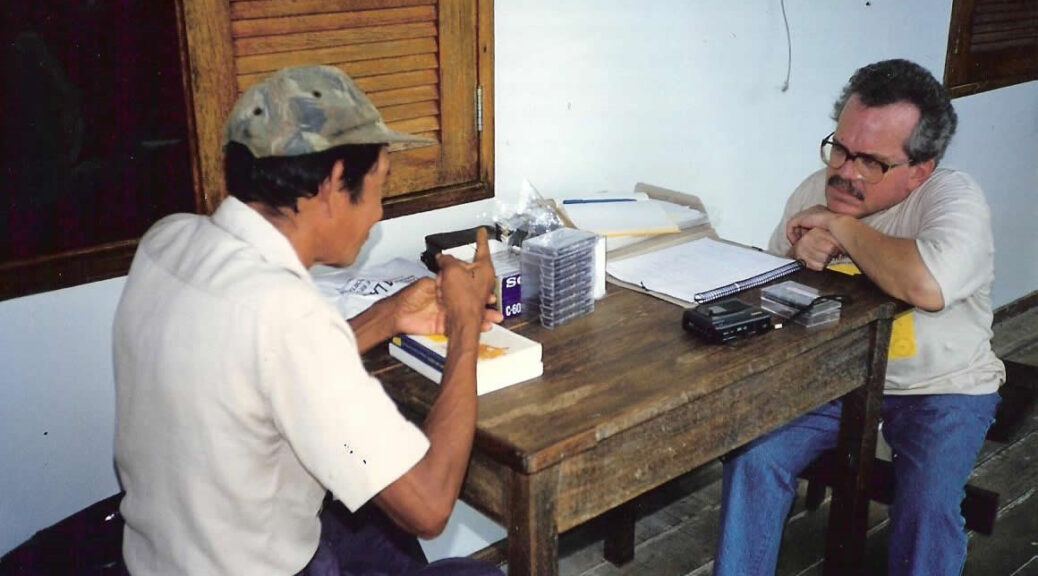The Archive of the Indigenous Languages of Latin America (AILLA) is pleased to announce the opening of the Baniwa of the Aiary and Içana Collection of Robin M. Wright. The materials in this collection cover research Wright conducted from 1976 to the present among the Baniwa, a northern Arawak–speaking people who live both in villages in the Northwest Amazon and in urban contexts. The digitization was funded by a grant from the National Endowment for the Humanities (NEH).
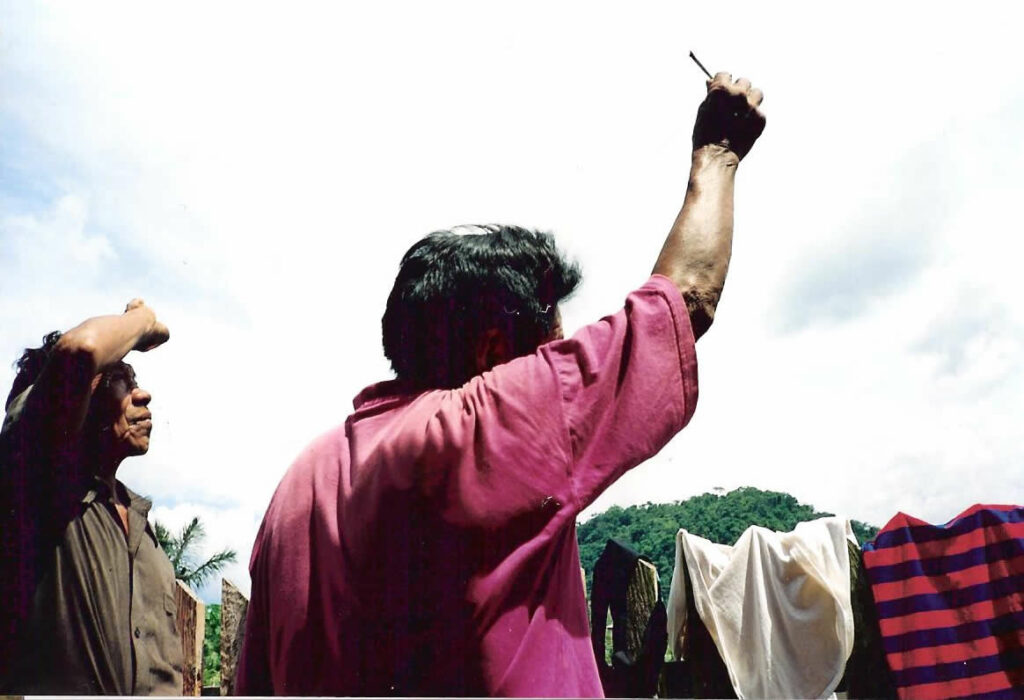
During his career as an academic researcher and activist in Brazil and the United States, Wright has focused on the history of the Baniwa people and their religious practices, including shamanism, prophet movements, and evangelization within the region, publishing several books on these subjects.
The collection is multimedia, consisting of over 81 hours of audio, 16 hours of video, and 2,300 scanned pages, and includes a large amount of analog material that has been digitized and made accessible to indigenous communities and researchers. “The Baniwa have anxiously waited for this material to become available, and it certainly has acquired even more importance given the Baniwa cultural ‘revitalization’ that has been taking place over the last few decades,” said Wright.
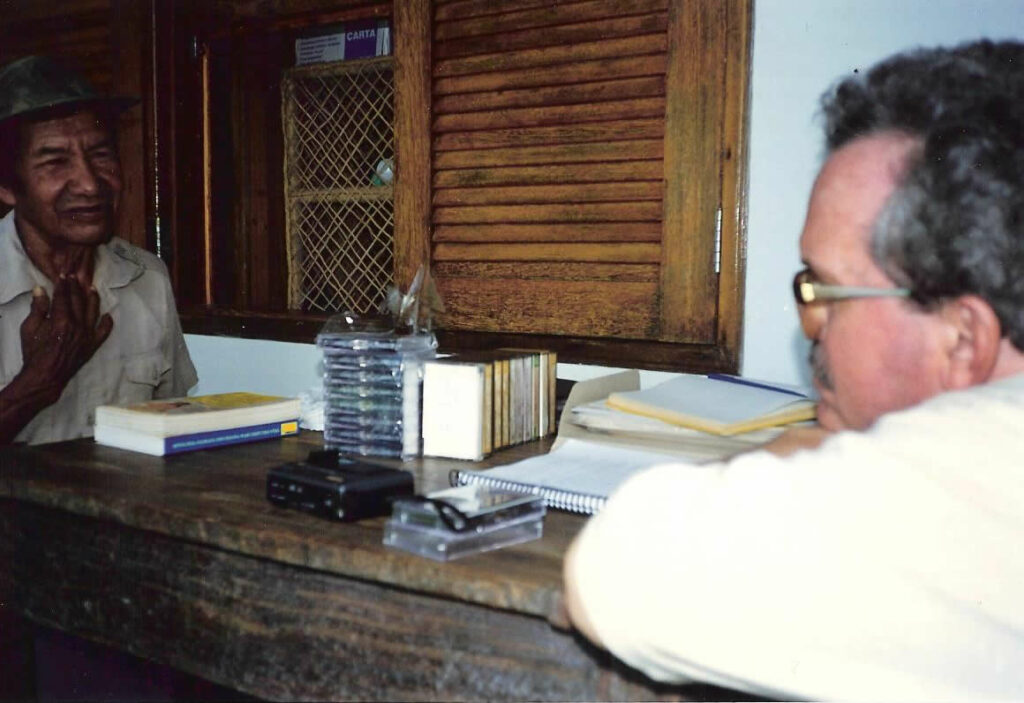
According to the collection guide, the materials in the collection correspond to two major periods. “The first corresponds to Wright’s field trips to Baniwa communities during 1976 and 1977. The second is a longer span covering the period from 1990 to 2010, when Wright was working on projects including the creation of the Waferinaipe Ianheke collection of Baniwa myths, collaborative research projects on traditional Baniwa knowledge surrounding diseases and their treatments, and collaborative projects with shamanic knowledge and sacred sites.”
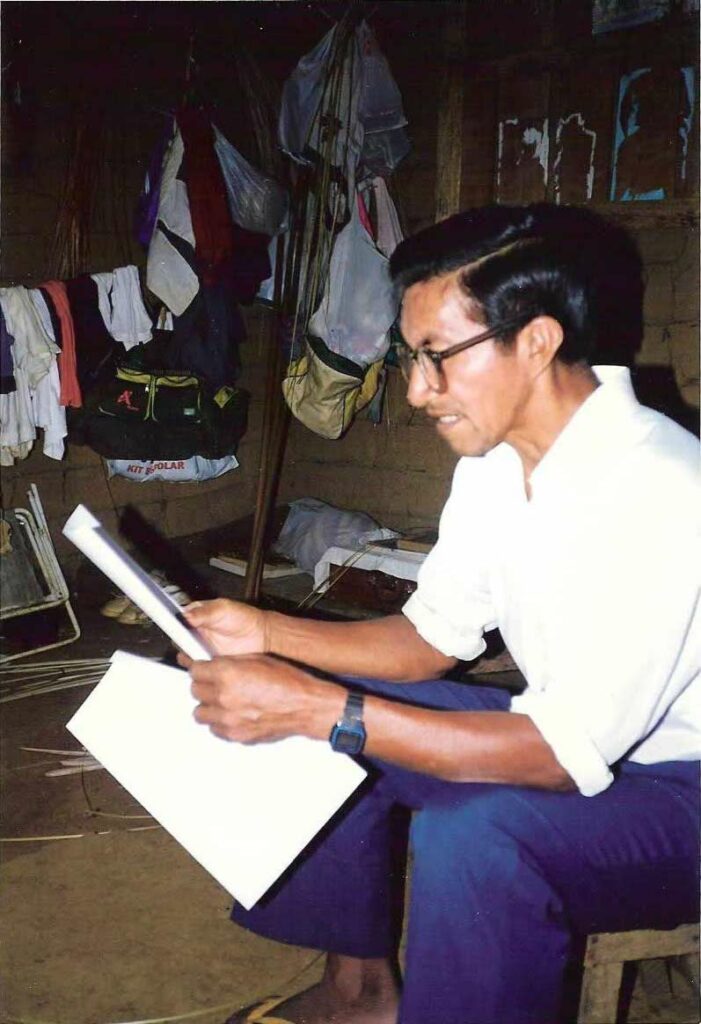
Bringing the Collection to AILLA
AILLA manager Susan Kung initially met with Wright at his University of Florida office in June 2018 to discuss the process of organizing, digitizing, and archiving his collection. Kung says “we discussed the potentially sensitive nature of his materials and what was appropriate for AILLA’s different access levels, as well as the types of metadata that we would need for the final arrangement.”
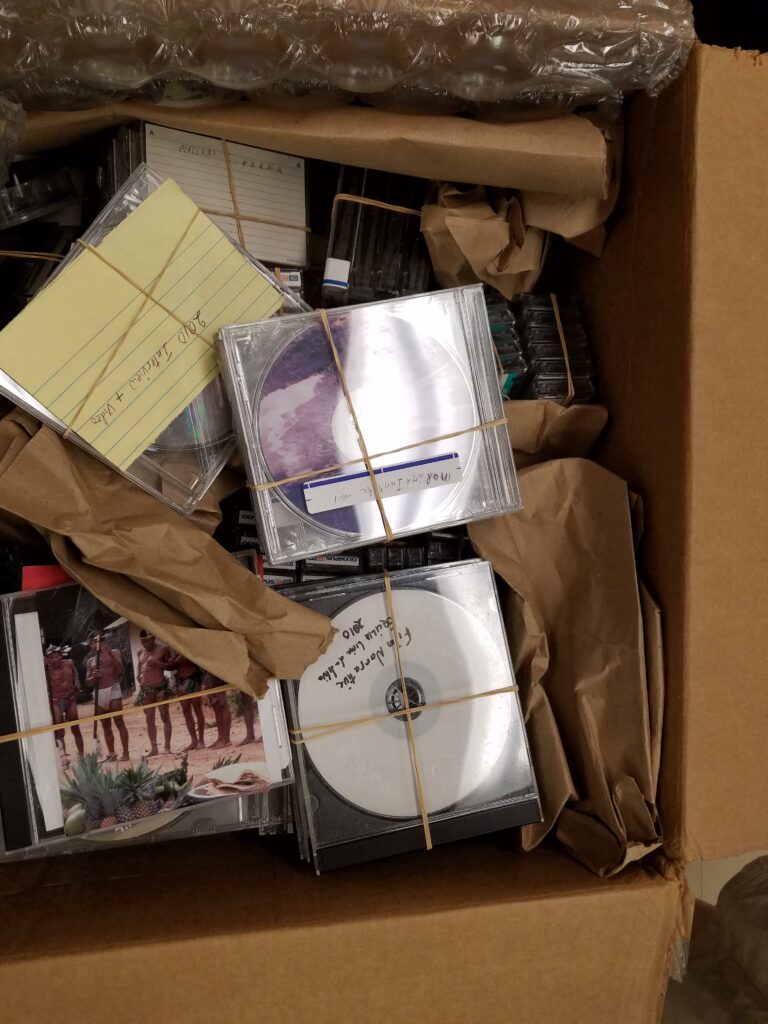
In June 2019, AILLA Language Data Curator Ryan Sullivant traveled to Gainesville, FL, with Linguistics Professor Patience Epps, a specialist in Amazonian indigenous languages and co-PI on the grant, to review Wright’s materials, work on describing them, and determine what to include in AILLA’s digital collection. Also discussed were “how to arrange the materials, and how to handle materials that are worth preserving and distributing through AILLA, but whose access must be controlled,” Sullivant said. “This last part is important because one of the main themes of Wright’s work, and the collection, are Baniwa healers’ stories and blessings, which are sacred knowledge and should not be accessed by just anyone.” In the end, only some of the contents were restricted and most of the material was made public.
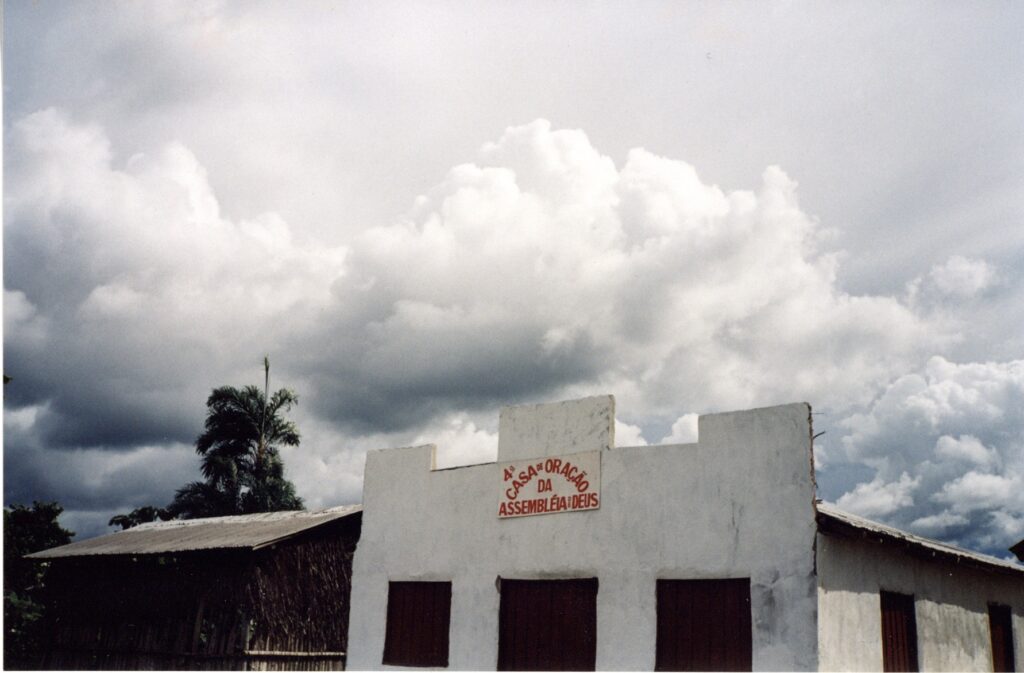
Digitization Services at the Perry-Castañeda Library digitized microcassettes and AILLA staff digitized standard-sized audio cassettes, scanned thousands of manuscript pages, and handled many already digitized and born-digital files. Sullivant worked closely, albeit remotely, with Wright during the arrangement and description of the materials, and wrote the collection guide, which he translated into Spanish and Portuguese. This is the first AILLA collection to have a Portuguese collection guide.
View the Collection Guides
English: http://ailla.utexas.org/islandora/object/ailla:274686
Español: http://ailla.utexas.org/es/islandora/object/ailla:274688
Português: http://ailla.utexas.org/islandora/object/ailla:274687
Robin Wright is director of the American Indian and Indigenous Studies Program at the University of Florida, where he is also affiliated faculty in Anthropology and Latin American Studies. The curation of this collection was made possible by generous support from the National Endowment for the Humanities, and is part of an NEH-funded project to bring together and preserve a number of important Indigenous language collections from South America.

